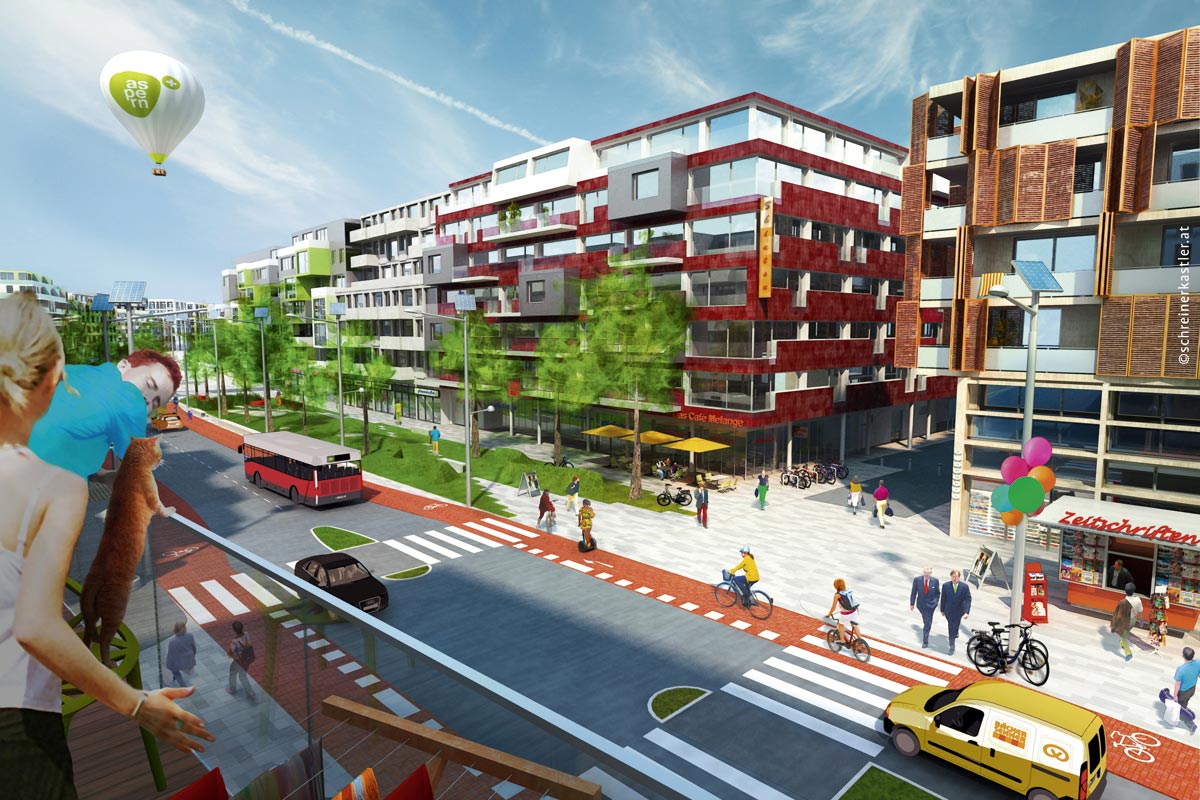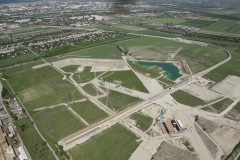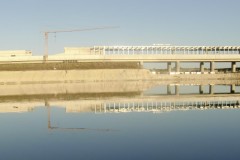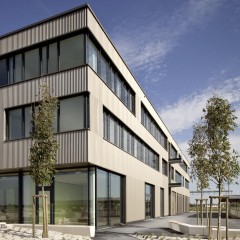Today more than half the world‘s population and two-thirds of Europeans are living in cities or urban areas; the figure for Austria is 64 %. The global trend is upwards; the process of urbanization will continue in future, and the city will become the dominant environment in social and economic terms all over the world. Europe‘s cities generate the bulk of our affluence; at the same time, though, they face huge economic, ecological and social challenges. Climate change, migration, secure energy supply systems and sustainable mobility are among the issues calling for pioneering strategies and solutions.
The hallmark of Smart Cities is intelligent system design bringing together new technologies and services for buildings and infrastructure, generating and distributing energy, mobility, industrial production and trades. In future all the relevant sectors should be linked up and attuned to one another with the help of integrated planning and modern communications technologies. Tomorrow‘s cities combine climate protection with a high quality of life, are attractive as business locations and contribute to reducing energy and resource consumption permanently.
At the EU level the issue of sustainable urban development plays a key role in the Strategic Energy Technology Plan (SET-Plan), in the Horizon 2020 framework programme for research, in the European Innovation Partnership Smart Cities and Communities (EIP SCC), in the transnational Joint Programming Initiative JPI Urban Europe and in various transnational cooperation schemes and initiatives.
Austrian activities
Since late 2010 the Federal Ministry of Transport, Innovation and Technology (BMVIT) and the Climate and Energy Fund have collaborated on funding the development of strategies, technologies and solutions for climate-friendly, energy-efficient urban economic activities and lifestyles.
In step with EU initiatives, the pilot calls “Smart Cities Demo“ (Climate and Energy Fund) to support trend-setting pilot projects have been launched in Austria. In addition, the BMVIT successfully started the JPI “Urban Europe” in 2010, a transnational research programme under the aegis of the EU Council of Ministers, in which basic system-relevant issues to do with urban development are tackled. Within the framework of “Building of Tomorrow” (BMVIT) flagship construction projects are supported; the recently launched programme “City of Tomorrow” (BMVIT) is meant to accelerate the development of new technologies, technological (sub)systems and urban services. In this programme Austrian towns and cities are developing strategies and arrangements for the Smart City and have already started to implement these successfully in specific pilot projects. From the initiatives mentioned, here are some examples to show the wide range of Austrian activities.
Share


